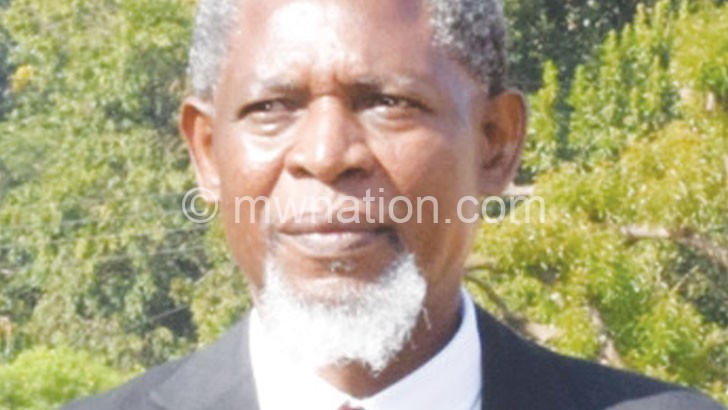Malawi gets mixed human rights reviews
United Nations (UN) member States have commended Malawi for improving its human rights record through adoption of progressive and responsive laws and policies that guarantee people’s socio-economic freedom.
The progressive laws include Access to Information Act, abolition of school fees, HIV and Aids (Prevention and Management) Act of 2018, the Tobacco Industry Act and ratification of international instruments on workers’ rights.
However, thorny issues include the death penalty, poor prison conditions, trafficking and equal representation of women in the public service.

The member States made the remarks yesterday when Malawi’s Justice Minister Titus Mvalo presented the country’s human rights record before the UN Human Rights Council’s Universal Periodic Review (UPR) Working Group, in Geneva, Switzerland.
The minister said out of 199 recommendations made in 2015, 44 were noted, 155 were supported out of which 80 were implemented, 65 were partially implemented while 10 have not been implemented.
Among others, he said government has increased funding to the Anti-Corruption Bureau (ACB) to help deal with corruption, operationalised the Independent Complaints Commission of Police and completed review of the Prisons Act and the Termination of Pregnancy Bill.
Said Mvalo: “The five judges who presided over the elections case of 2019 have just been recognised by the Chatham House for their bravery and fearlessness to stand on the rule of law in the face of multiple threats, including attempted bribery.
“What we have now is a revitalised Malawi; united, ambitious, proud and resolute to be a key player on the international scene and a fervent defender of human rights.”
Commenting on the report, Deputy Permanent Representative for the United Kingdom (UK) to the UN,
Rita French, commended Malawi for the steps taken to implement the Access to Information Act and acknowledged advances in media freedom. United Kingdom (UK) to the UN,
However, she was concerned with poor conditions in prisons, further urging Malawi to adopt an open-merit based processes when electing national candidates for UN Treaty Body elections.
Said French: “The UK welcomes the draft Malawi Prisons Bill but remains concerned by reports of severe overcrowding and poor sanitation in prisons. We are also concerned that Malawi remains a source, transit and destination country for people subjected to trafficking.”
On his part, Sean Garcia, representing the United States of America, also recommended that Malawi vigorously investigates and prosecutes sex and labour traffickers and sentence convicts.
Uganda’s Eunice Irungu Kigenyi expressed worry that measures to protect persons with albinism are hampered by cultural beliefs.
Meanwhile, a shadow report for Malawi submitted by, among others, Centre for Human Rights and Rehabilitation (CHRR), Centre for Human Rights Education, Advice and Assistance (Chreaa) and other international groups raises a number of human rights violations.
They include continued appearance of the death penalty in Malawi’s law, indicating there are currently 19 people waiting to be hanged, attacks against rights defenders, people of same sex marriages and dehumanising conditions in prisons.
CHRR acting executive director Michael Kaiyatsa said in an interview yesterday that the country has generally performed well.
He said: “One thing that was notable was the repeat of recommendations that Malawi had previously rejected such as on LGBTI and death penalty. We expect action so that we don’t have same things during the next session.”
In an interview from Geneva, Mvalo said once back home, the special taskforce chaired by ministries of Justice and Gender wi l l disseminate recommendations and later work on an action plan on how to make such recommendations.





